The recognition of 'Jana Gana Mana' as India's official national anthem was formally declared on January 24, 1950, by the country's first President, Rajendra Prasad.
On August 15, millions of Indians will gather to celebrate Independence Day by harmoniously singing 'Jana Gana Mana,' a composition by Rabindranath Tagore. This cherished song holds not only the role of a national anthem but also embodies love, pride, and deep emotion for the people of India. Its selection as the national anthem after gaining independence from British rule signifies its profound significance.
'Jana Gana Mana' was first performed on December 27, 1911, during a Congress meeting in Calcutta. Its powerful words and melodies have since woven themselves into the fabric of the Indian identity. Notably, during 1941, Subhash Chandra Bose introduced a variant of the anthem, translating it from Bengali to Hindi. The translation was conducted by Army Captain Abid Ali, while Captain Ram Singh contributed the musical arrangement. This rendition of the anthem has been further translated into 22 languages, including English, allowing its essence to transcend linguistic barriers.
The recognition of 'Jana Gana Mana' as India's official national anthem was formally declared on January 24, 1950, by the country's first President, Rajendra Prasad. This song, originally penned in Bengali, draws inspiration from Sanskrit, resulting in the incorporation of words that resonate with various Indian languages. Consequently, its lyrical richness and cultural depth can be understood by speakers of different dialects.
In line with its importance, Article 51A(a) of the Indian Constitution emphasizes the obligation of Indian citizens to honor the national anthem and the national flag. This clause underscores the need to uphold the constitution's ideals and institutions, along with the emblematic symbols that signify the nation's unity and pride. The National Honor Act of 1971, in Section 3, stipulates severe consequences for any act that disrespects the national anthem or disobeys the associated protocols.
As India unites in song and spirit on this Independence Day, the rendition of 'Jana Gana Mana' will echo across schools, colleges, clubs, and residences, encapsulating the unity, diversity, and cultural heritage that define the nation.
Also read: Har Ghar Tiranga: Here's how to appropriately dispose of tricolour after independence day celebration
![submenu-img]() NEET-UG row: INDIA bloc to raise exam paper leak issue in Parliament tomorrow
NEET-UG row: INDIA bloc to raise exam paper leak issue in Parliament tomorrow![submenu-img]() 'You are exploiting...': Gulshan Devaiah criticises Vivek Agnihotri for publicising trauma to sell his The Kashmir Files
'You are exploiting...': Gulshan Devaiah criticises Vivek Agnihotri for publicising trauma to sell his The Kashmir Files![submenu-img]() T20 World Cup, IND vs ENG: Who will qualify for final if rain plays spoilsport in Guyana? Know DLS rules, cut-off time
T20 World Cup, IND vs ENG: Who will qualify for final if rain plays spoilsport in Guyana? Know DLS rules, cut-off time![submenu-img]() Best Options Trading Courses in India
Best Options Trading Courses in India![submenu-img]() Restolane Launches Its Online Store for Restaurant Equipment
Restolane Launches Its Online Store for Restaurant Equipment![submenu-img]() The Meaning of Distance Learning Courses
The Meaning of Distance Learning Courses![submenu-img]() Meet Indian genius who built first car factory in India, he is called 'Father of...'
Meet Indian genius who built first car factory in India, he is called 'Father of...'![submenu-img]() Meet Indian scientist developed 'artificial cancer', he is called 'Father of...
Meet Indian scientist developed 'artificial cancer', he is called 'Father of...![submenu-img]() Meet genius born in poverty, walked barefoot to school, become one of India's top scientists
Meet genius born in poverty, walked barefoot to school, become one of India's top scientists![submenu-img]() Meet IAS officer who once lived like a monk, then cracked UPSC exam with AIR 30, she is posted at…
Meet IAS officer who once lived like a monk, then cracked UPSC exam with AIR 30, she is posted at…![submenu-img]() DNA Verified: Did Kangana Ranaut party with gangster Abu Salem? Actress reveals who's with her in viral photo
DNA Verified: Did Kangana Ranaut party with gangster Abu Salem? Actress reveals who's with her in viral photo![submenu-img]() DNA Verified: New Delhi Railway Station to be closed for 4 years? Know the truth here
DNA Verified: New Delhi Railway Station to be closed for 4 years? Know the truth here![submenu-img]() DNA Verified: Did RSS chief Mohan Bhagwat praise Congress during Lok Sabha Elections 2024? Know the truth here
DNA Verified: Did RSS chief Mohan Bhagwat praise Congress during Lok Sabha Elections 2024? Know the truth here![submenu-img]() DNA Verified: Is CAA an anti-Muslim law? Centre terms news report as 'misleading'
DNA Verified: Is CAA an anti-Muslim law? Centre terms news report as 'misleading'![submenu-img]() DNA Verified: Lok Sabha Elections 2024 to be held on April 19? Know truth behind viral message
DNA Verified: Lok Sabha Elections 2024 to be held on April 19? Know truth behind viral message![submenu-img]() Alia Bhatt mesmerises in gown, Ranbir Kapoor looks classy in tuxedo in latest romantic photos, fans say 'couple goals'
Alia Bhatt mesmerises in gown, Ranbir Kapoor looks classy in tuxedo in latest romantic photos, fans say 'couple goals'![submenu-img]() Newlyweds Sonakshi Sinha-Zaheer Iqbal pose candidly with paps; Anil Kapoor, Kajol, Huma Qureshi attend wedding reception
Newlyweds Sonakshi Sinha-Zaheer Iqbal pose candidly with paps; Anil Kapoor, Kajol, Huma Qureshi attend wedding reception![submenu-img]() Meet Lovekesh Kataria: Elvish Yadav's close friend, Bigg Boss OTT 3 contestant who lied to father, spent his fees on...
Meet Lovekesh Kataria: Elvish Yadav's close friend, Bigg Boss OTT 3 contestant who lied to father, spent his fees on...![submenu-img]() From Highway to Chandu Champion: 5 underrated gems from Sajid Nadiadwala
From Highway to Chandu Champion: 5 underrated gems from Sajid Nadiadwala![submenu-img]() In pics: Bigg Boss OTT 3 house with dragons, two-sided walls is all about fantasy coming alive
In pics: Bigg Boss OTT 3 house with dragons, two-sided walls is all about fantasy coming alive![submenu-img]() Lok Sabha Speaker's Election: What does the Constitution say?
Lok Sabha Speaker's Election: What does the Constitution say?![submenu-img]() Explained: Why is Kerala demanding to change its name to Keralam?
Explained: Why is Kerala demanding to change its name to Keralam?![submenu-img]() DNA Explainer: What is Kafala system that is prevalent in gulf countries? Why is it considered extremely brutal?
DNA Explainer: What is Kafala system that is prevalent in gulf countries? Why is it considered extremely brutal? ![submenu-img]() Lok Sabha Elections 2024: What are exit polls? When and how are they conducted?
Lok Sabha Elections 2024: What are exit polls? When and how are they conducted?![submenu-img]() DNA Explainer: Why was Iranian president Ebrahim Raisi seen as possible successor to Ayatollah Khamenei?
DNA Explainer: Why was Iranian president Ebrahim Raisi seen as possible successor to Ayatollah Khamenei?![submenu-img]() 'You are exploiting...': Gulshan Devaiah criticises Vivek Agnihotri for publicising trauma to sell his The Kashmir Files
'You are exploiting...': Gulshan Devaiah criticises Vivek Agnihotri for publicising trauma to sell his The Kashmir Files![submenu-img]() Kalki 2898 AD: SS Rajamouli says Prabhas' film took him to 'whole new world', Suriya calls it 'all-time blockbuster'
Kalki 2898 AD: SS Rajamouli says Prabhas' film took him to 'whole new world', Suriya calls it 'all-time blockbuster'![submenu-img]() Meet Salman Khan's co-star, who was left penniless by husband, sister; did B-grade films, actor became her saviour by...
Meet Salman Khan's co-star, who was left penniless by husband, sister; did B-grade films, actor became her saviour by...![submenu-img]() 'Bloodbath is about to...': Varun Dhawan looks intense in new Baby John poster, fans call him 'killer'
'Bloodbath is about to...': Varun Dhawan looks intense in new Baby John poster, fans call him 'killer' ![submenu-img]() This superhit was remake of Kamal Haasan film, was rejected by SRK, Dilip Kumar, Naseer; opened on dull note, earned...
This superhit was remake of Kamal Haasan film, was rejected by SRK, Dilip Kumar, Naseer; opened on dull note, earned...![submenu-img]() 'I need your help': Ratan Tata is looking for a blood donor for...
'I need your help': Ratan Tata is looking for a blood donor for...![submenu-img]() Viral video: Pranksters splash water on moving train, get thrashed by passengers and police seize bike
Viral video: Pranksters splash water on moving train, get thrashed by passengers and police seize bike![submenu-img]() Shocking! Woman gets harsher sentence than her rapist due to...
Shocking! Woman gets harsher sentence than her rapist due to...![submenu-img]() Bizzare: Man develops hair in throat due to...
Bizzare: Man develops hair in throat due to...![submenu-img]() Meet woman, daughter of millionaire, who gave up Rs 2500 crore property to marry a common man, her father is....
Meet woman, daughter of millionaire, who gave up Rs 2500 crore property to marry a common man, her father is....











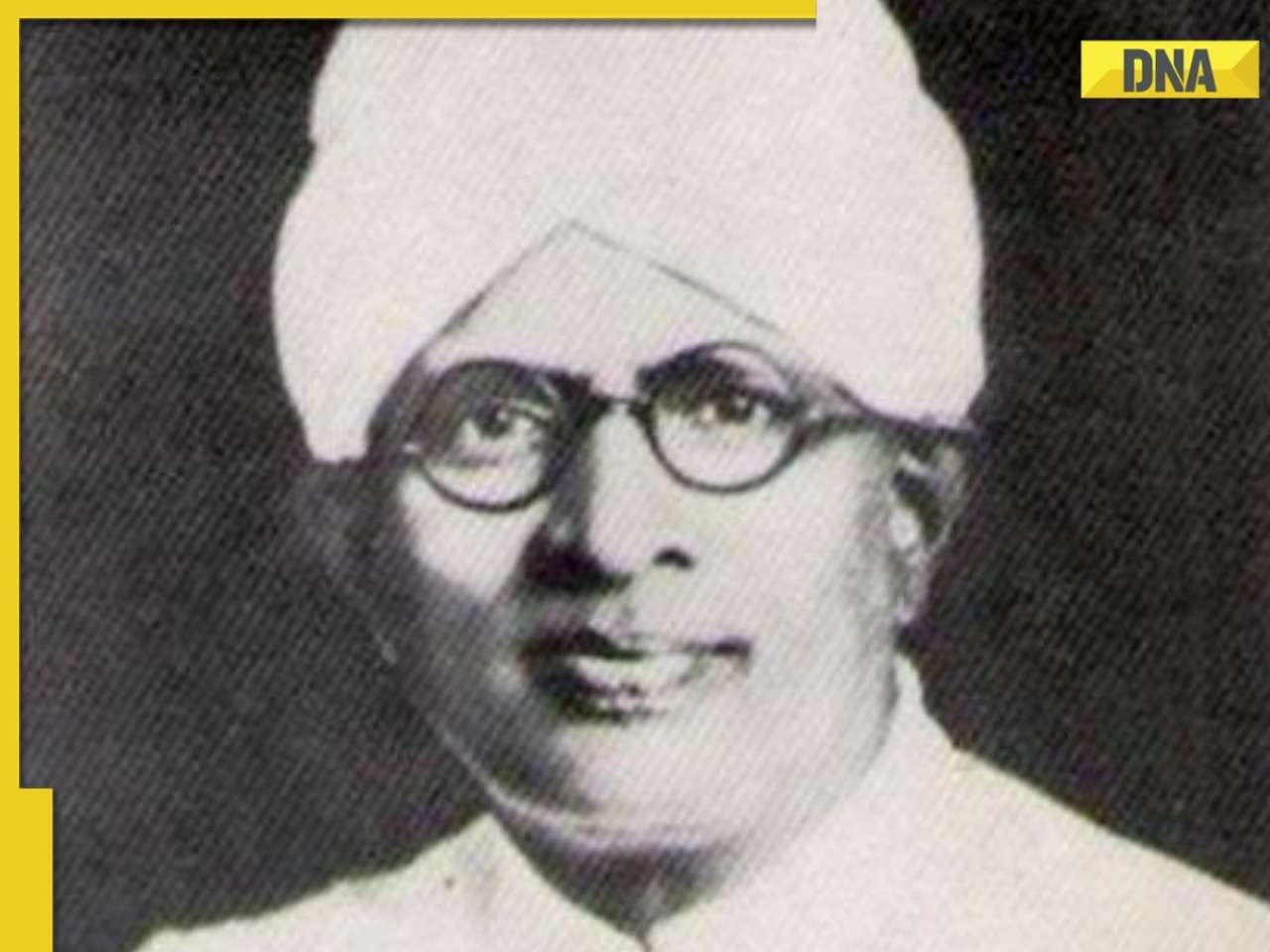

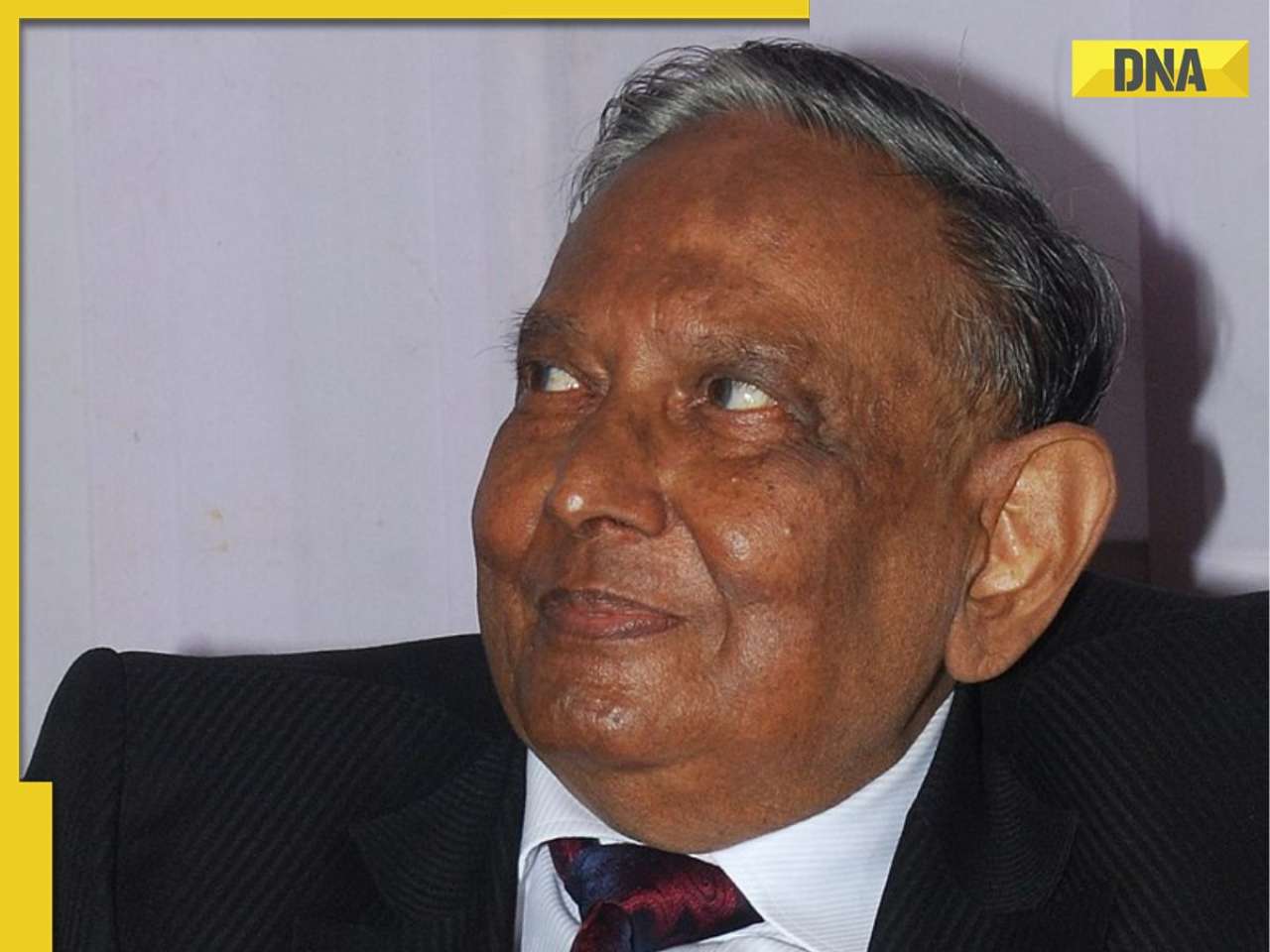











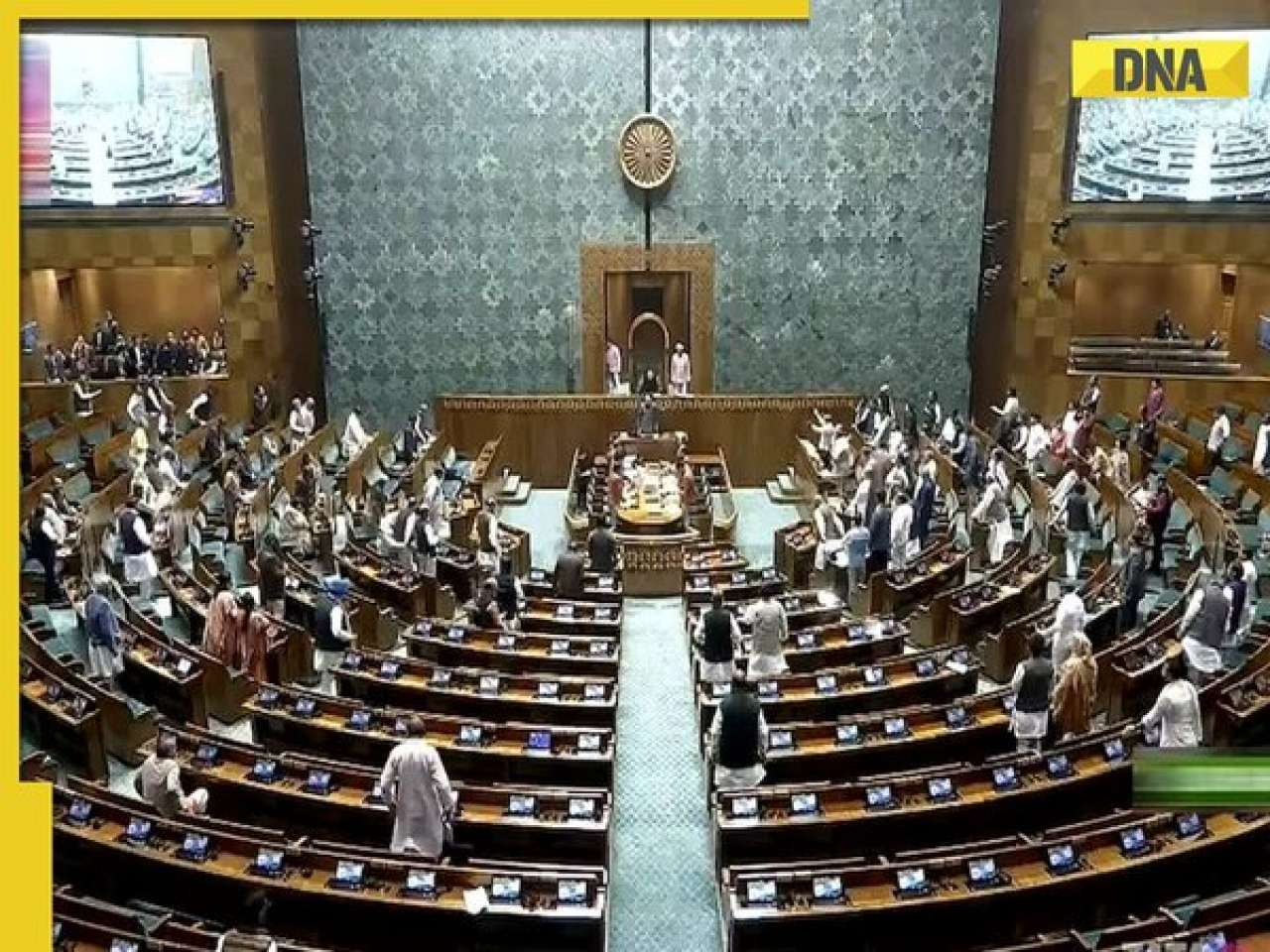
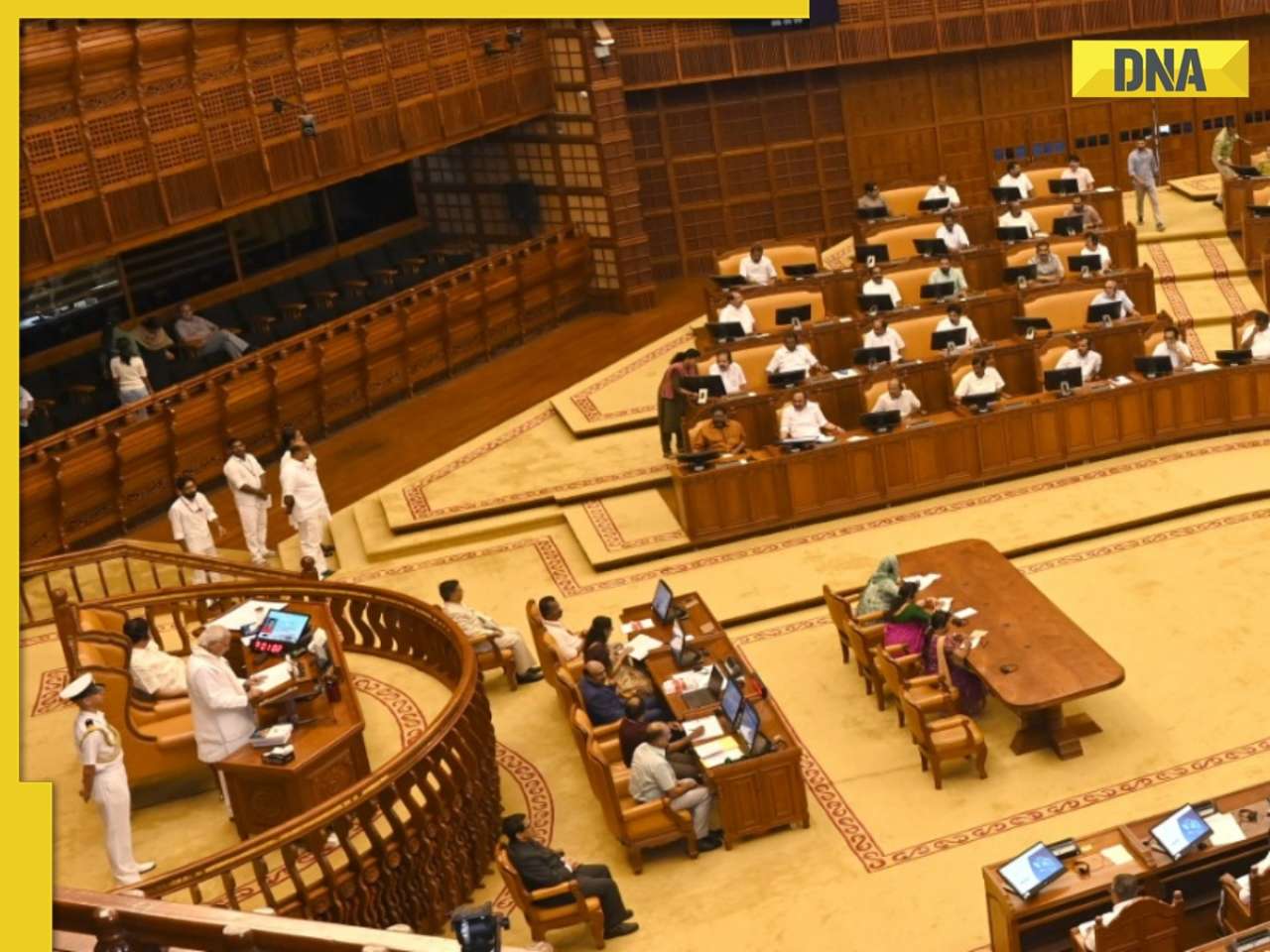







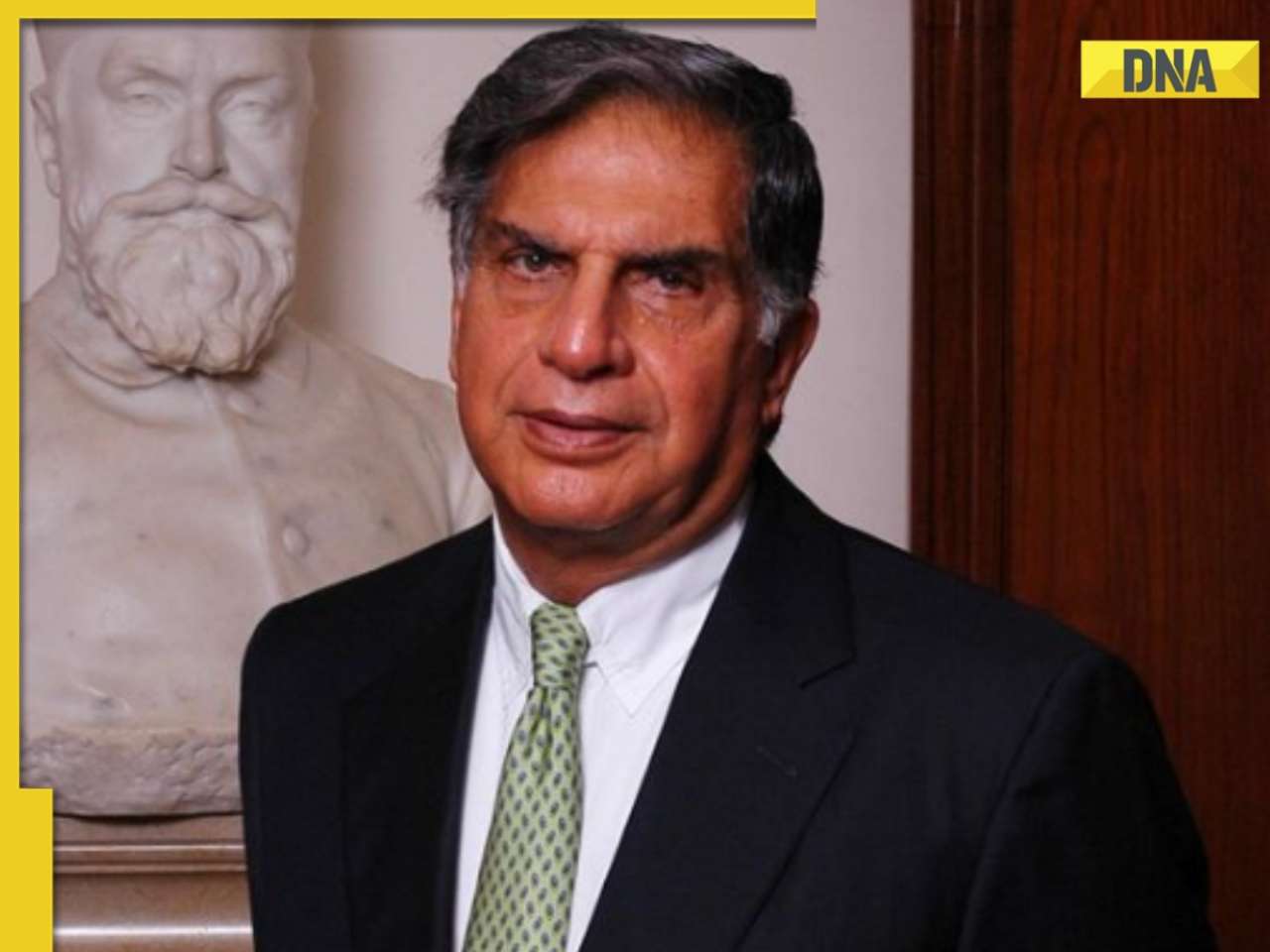





)


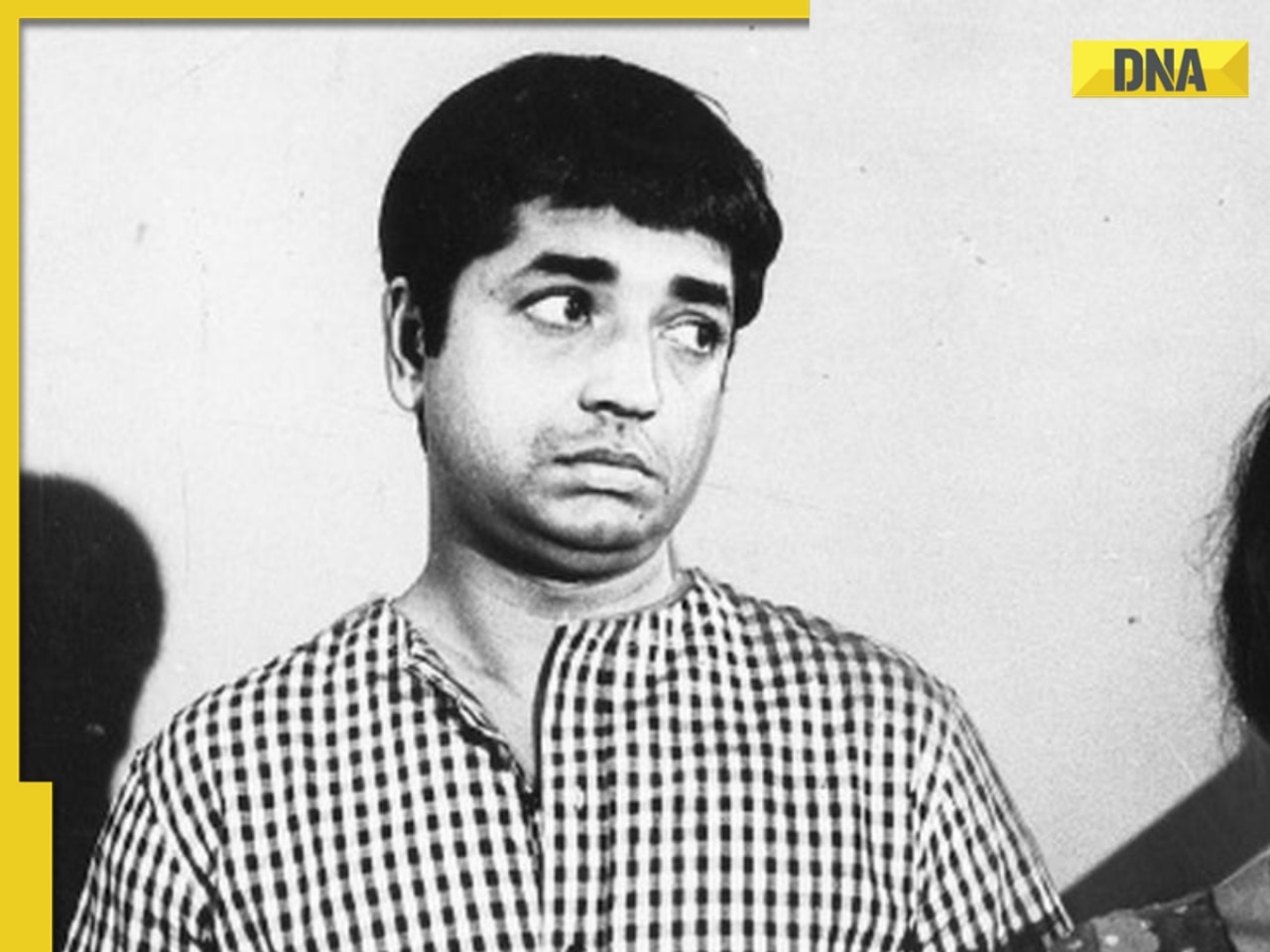


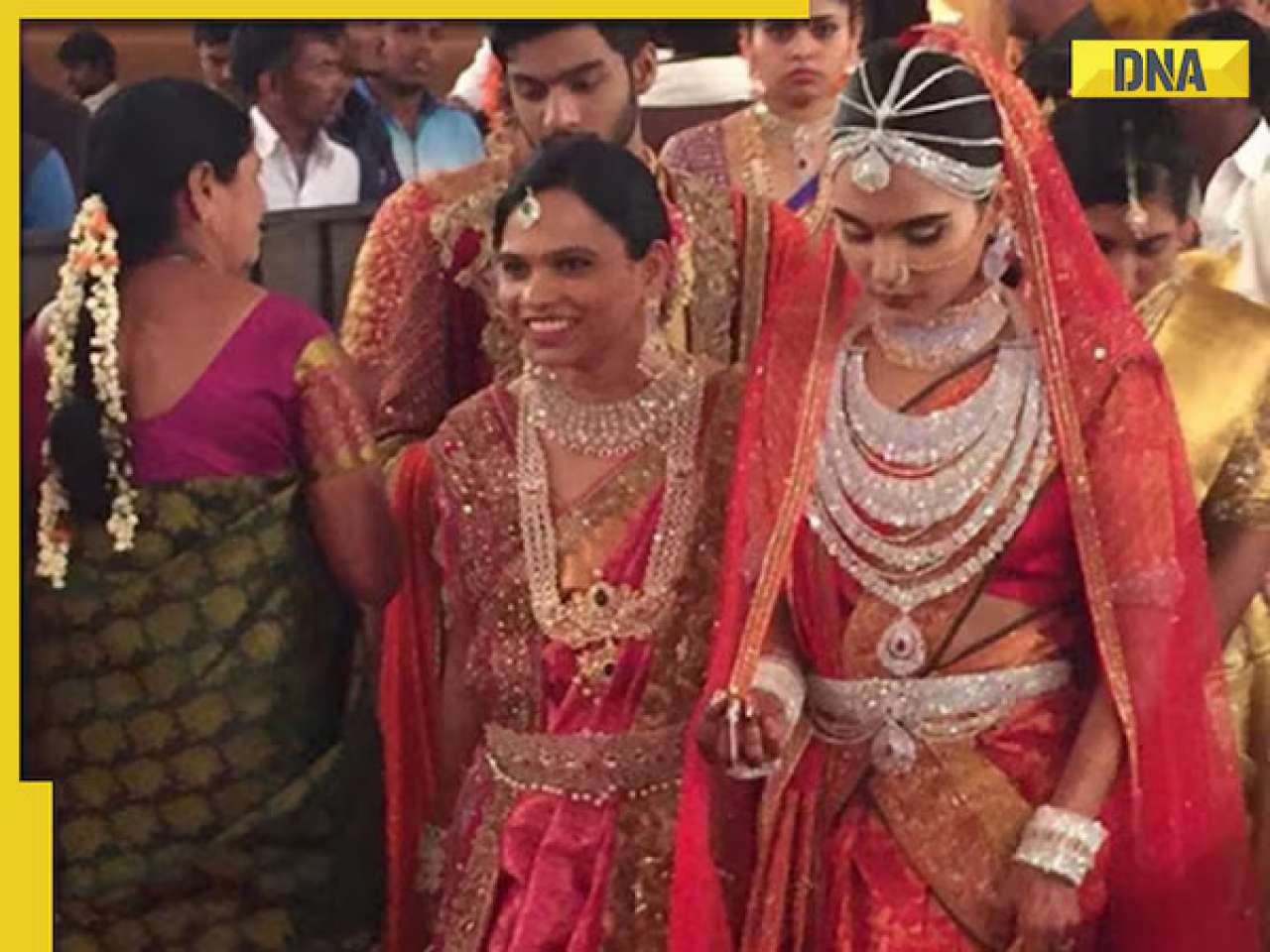








)
)
)
)
)
)